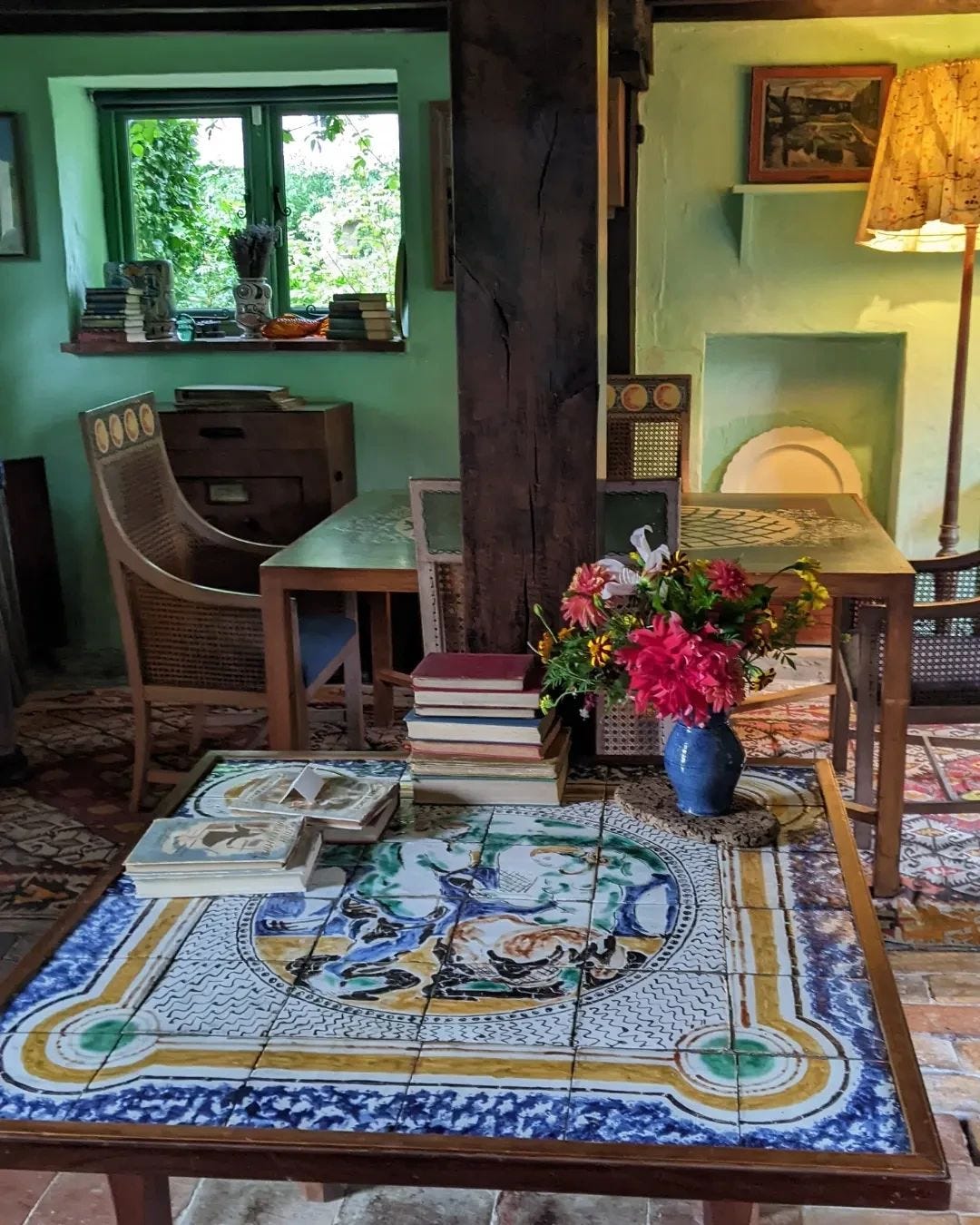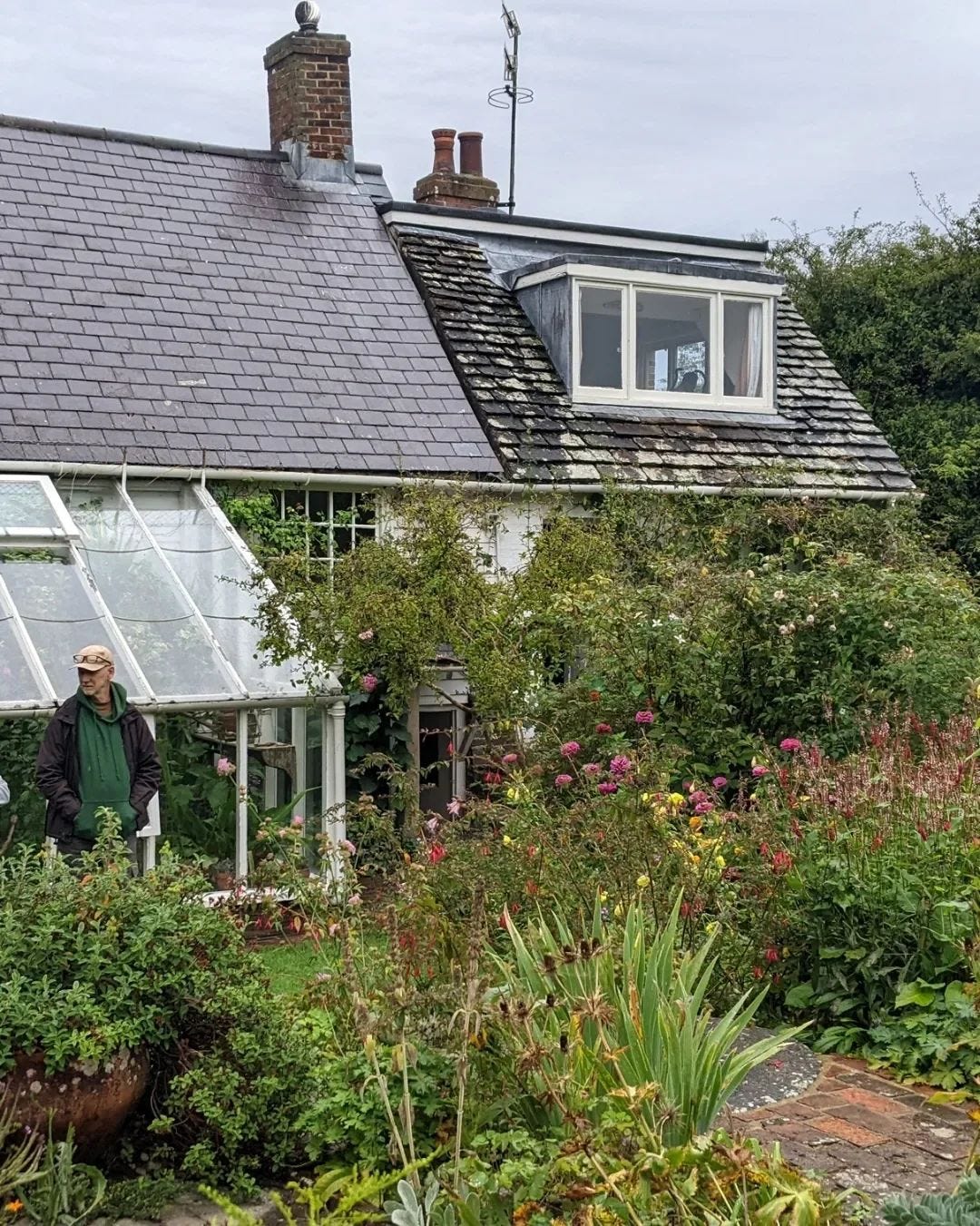Recently, a few people have asked me “how I get so much done.” I may have thought guiltily about all the hobbies I’ve tried and abandoned, and the animal videos I’ve watched while procrastinating. But I seem to get things done regardless.
Good Book News
Like this: during the lockdown era, I finished writing a romance novella. I revised it this year, and my publisher Read Furiously just accepted it for publication! Worth Working For (working title) is in the works for autumn 2026. The main character is a hot mess who gets suckered into working with a personal trainer for her job. Fitness is… very much not her thing. I can’t wait for you all to meet Val, her cinnamon roll trainer Manuel, and her friends who decide to make a New Year’s resolution club.
I’m also reading on Oct 4, at 12 EDT (5pm GMT) with Strong Women, Strange Worlds. It’s an amazing free virtual event featuring women and nonbinary writers in the speculative space, with giveaways and opportunity to chat with the writers. You can sign up for the event here!
7 Productivity Practices That Work for Me
So, how do I get stuff done? Here are my very personal productivity practices. They may or may not work for you.
I’ll start by acknowledging that much of how I get things done ties in to privilege. I’m lucky to work from home, which saves me the time and expense of commuting, and I’ve negotiated a schedule of compressed hours which gives me an extra day to write. I don’t have the level of responsibilities that many people do (I’m not a parent, I don’t have pets, I’m currently financially solvent and in good health, etc.). I also have a brain and temperament that focus well.
Along with the fact that I’m lucky in many ways, some of how I get things done comes from effort, and the trial and error of finding techniques that work for me. I’ve put a lot of work into improving in this area, especially in recent years. Here are 7 practices that have helped me.
1. Knowing my counterproductive tendencies
Studying the Enneagram personality typology helped me identify key things I struggled with again and again. Knowing about them made it easier to identify when I was getting in my own way and make different choices (well, at least some of the time).
It’s easy for me to get stuck in my feelings. I'm not someone who can set emotions aside to produce; I’ve learned instead to allow for them without giving them complete control. Knowing this helped me recognize when I’m overly invested in a feeling and question it - as it turns out, feelings aren’t facts or accurate predictors, and they don’t need to dictate behavior.
2. Choosing my trade-offs
Much of how most of us spend our time is dictated by needs (such as food and housing), but some of it is down to choices. Time and energy are finite, so I’m mindful of what I spend them on.
Just as I’m more likely to spend money on travel than clothes, I spend time on writing that some people might spend on other activities, and I’ve looked for ways to create that time. I used to freelance (on top of my job) and have taken a break this year to focus on writing projects, which means I’ve had less income but made more creative progress.
3. Scheduling what I prioritize
When I decided to trade freelance time for writing time, I set a weekly schedule and put it on my calendar. It’s amazing how much time life admin takes when you don’t have the things you want to do on the calendar - and how easy it is to never do the things you want to do. However, now that I have my writing hours, other tasks are not allowed to intrude on them.
4. Not doing things I don’t want OR need to do
Am I perfect at this one? Ha - no. But when I started tracking my writing time, I was surprised at how many things I was doing that I didn’t really want to do and I didn’t need to do, either. Some of these were time-wasters and procrastination. Others were activities I thought I should be doing, or things I thought would be fun which I did for a while, stopped (because they weren’t that fun), and felt guilty about.
More often, now, I ask myself if I want or need to do things before starting. I still feel guilty sometimes about things I’m not doing, but I can recognize that they aren’t priorities.
Conversely, I plan things I enjoy. This past weekend, I visited Monk’s House, Virginia and Leonard Woolf’s country home. Here are a couple of pictures from it.
5. Cultivating self-care habits
Self-care - what a buzzword! Are we talking bubble baths? Not necessarily. For me, self-care involves tending to basic needs. I’ve put time and work into creating habits that take care of these needs: weekly cleaning, batch cooking, exercise, regular sleep (exercise helps a lot with this), and social activities. I focused on creating habits one at a time over long periods, rather than overwhelming myself by attempting a bunch of things at once. Again, I’m imperfect and flexible on these things, but it helps to have some baseline habits built up that support my well-being.
Also important: pacing myself and watching my mental health. If I’m low on energy, I scale back my schedule and prioritize rest. It’s more productive in the long run.
6. Setting a deadline before the real deadline
I use this one a lot in my professional life, when I manage writing contributions from others. I make sure the deadline they’re given allows for a lot of lead time, and I give reminders. I leave room in the schedule for emergencies, because they do arise. If something is late, I’ve created a window for it to move into production by the time it’s needed.
I act similarly with myself, doing what I can to get projects over the line before necessary. This has been a huge improvement for someone who used to finish at the last minute (and sometimes not do the thing at all).
7. Rewarding myself
This is the fun one! When I do well at a significant task or get something big done, I take time to appreciate the effort and reward myself for it. Knowing that there’s a light (or maybe a slice of cake) at the end of the tunnel motivates me to finish projects that may feel like a slog when I’m doing them.
I find it difficult to feel good about putting effort into things unless they result in real world success. Often, projects don’t, but they certainly won’t get results if I don’t put in the effort in the first place. Rewards help because they’re tangible and within my control. They make it easier to value and feel positive about my hard work, whatever the result.
Rewards vary, since they have to feel rewarding for me at the time. Earlier this year, I bought a cookbook. Recently, I took a day to do nothing (on purpose).
So, for those who are curious, these are my personal best practices for getting things done. They may or may not work for your circumstances, brain wiring, and priorities. If some of this is helpful to someone else, then it will be worth the time I spent writing this post. 🙂







